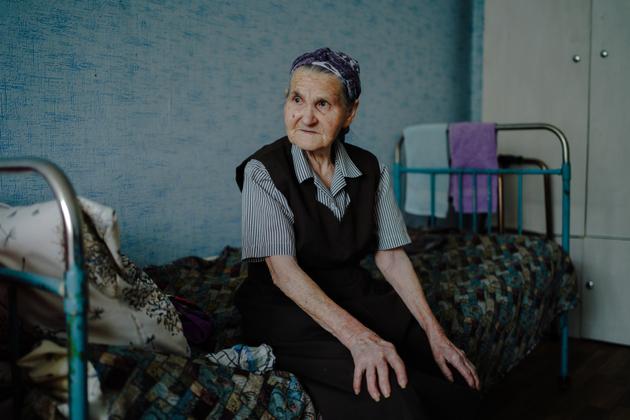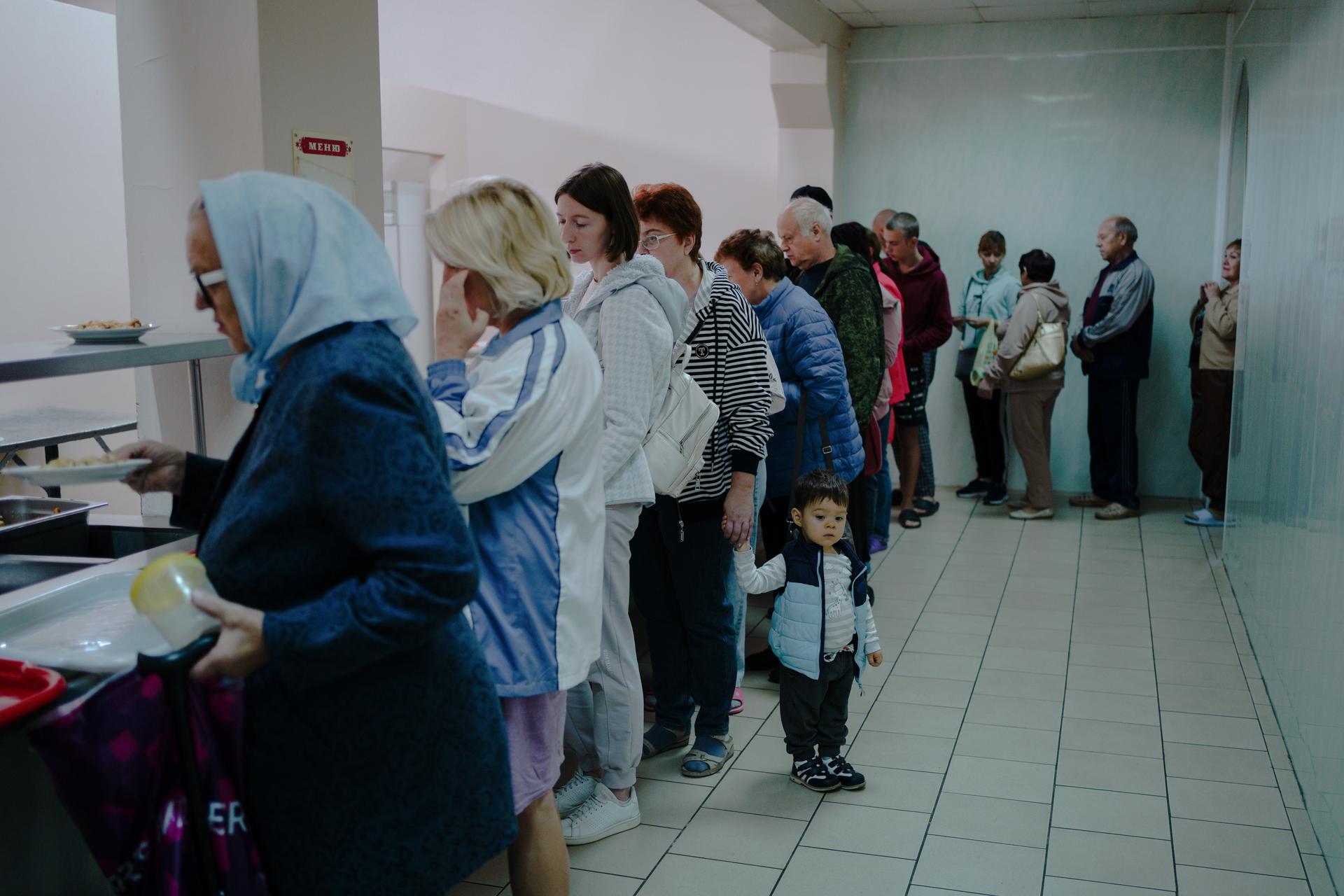In Kursk, ‘a long temporary period ahead’ for Russians fleeing the Ukrainian-occupied zone – Technologist
Almost two months after fleeing, Vera Belobrova is still living in a state of shock. In Kursk, the capital of the Russian region partially occupied by the Ukrainian army since its attack on August 6, the frail 85-year-old grandmother recounted the drones over her small village near the border, her destroyed house and abandoned vegetable garden, her hiding with children in the local monastery targeted by enemy fire, the long walk through the forest, the car picking up a few fleeing survivors. Then the arrival in Kursk, where Belobrova now lives in a temporary shelter in the grounds of one of the city’s universities. “I survived the war of 1941-1945, and now the horror is starting all over again,” she murmured between sobs.

In her story, the babushka combined her childhood memories of 1943, the date of the great battle of Kursk between the Red Army and Nazi Germany, with those of her August escape with one of her grandsons. Sitting on a metal bed in a room shared with three other female evacuees, she banged her forehead with one hand, clutching her handkerchief with the other.
Belobrova speaks a mixture of Russian and Ukrainian because, like many inhabitants of this border region, her life and family are torn between the two countries. Her daughter has long since settled in Kharkiv, the Ukrainian city targeted by the Russian army. “It’s war there too, and people are suffering,” she said. Belobrova’s words are a jumble of her own, but also of the phrases repeated on Russian television, about “victory over the Nazis,” in 1943 as in 2024.
‘We have confidence in our army’
Accustomed to living modestly, Belobrova and the 500 or so refugees at Kursk State Agricultural Academy are satisfied with the conditions of the accommodation provided for them. Their daily lives are spent between the dormitories and a canteen with three meals a day. In one classroom, a father watches over the children, who, far from their village school, follow distance learning courses, their eyes fixed on textbooks and tablets donated by the region. In the kitchen and laundry are lines of microwave ovens and washing machines. They are covered with large labels in the colors of United Russia. The ruling party funds these facilities and it ensures that the refugees are well accommodated.

“Not refugees. Displaced people. It’s temporary,” eagerly corrected university rector Alexandre Moussial, a member of United Russia, who is the chief organizer and has mobilized students and teachers. “We have confidence in our army that everyone will soon be able to go home,” he assured us. The official line, repeated on television in this reception center and across Russia, is that the counter-offensive is progressing.
You have 68.36% of this article left to read. The rest is for subscribers only.


